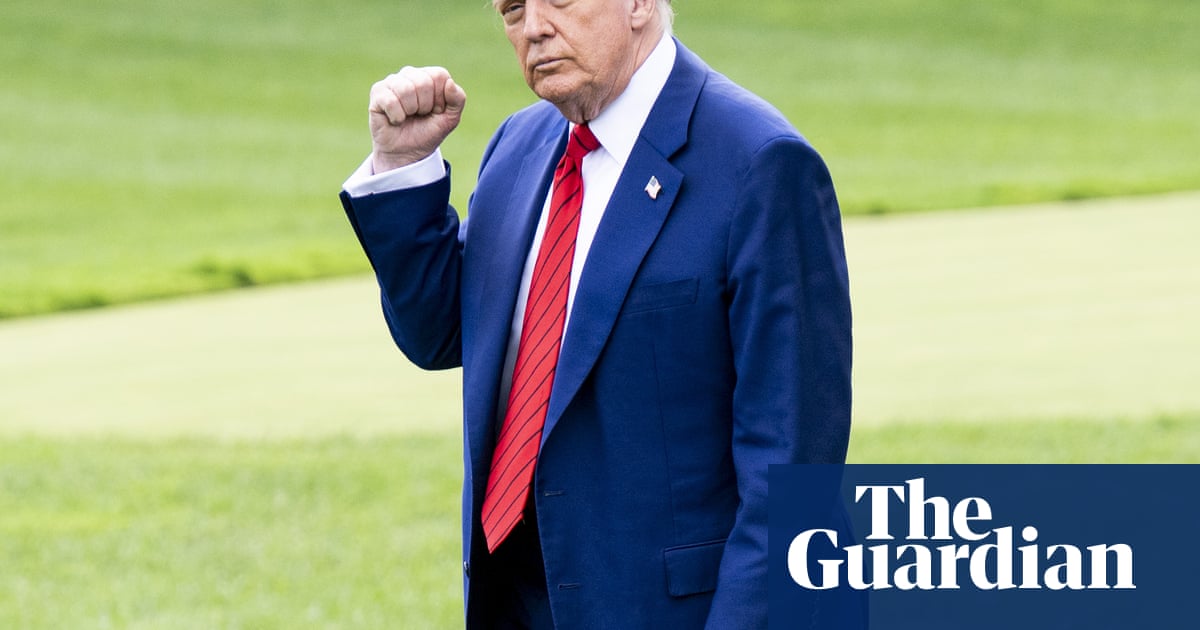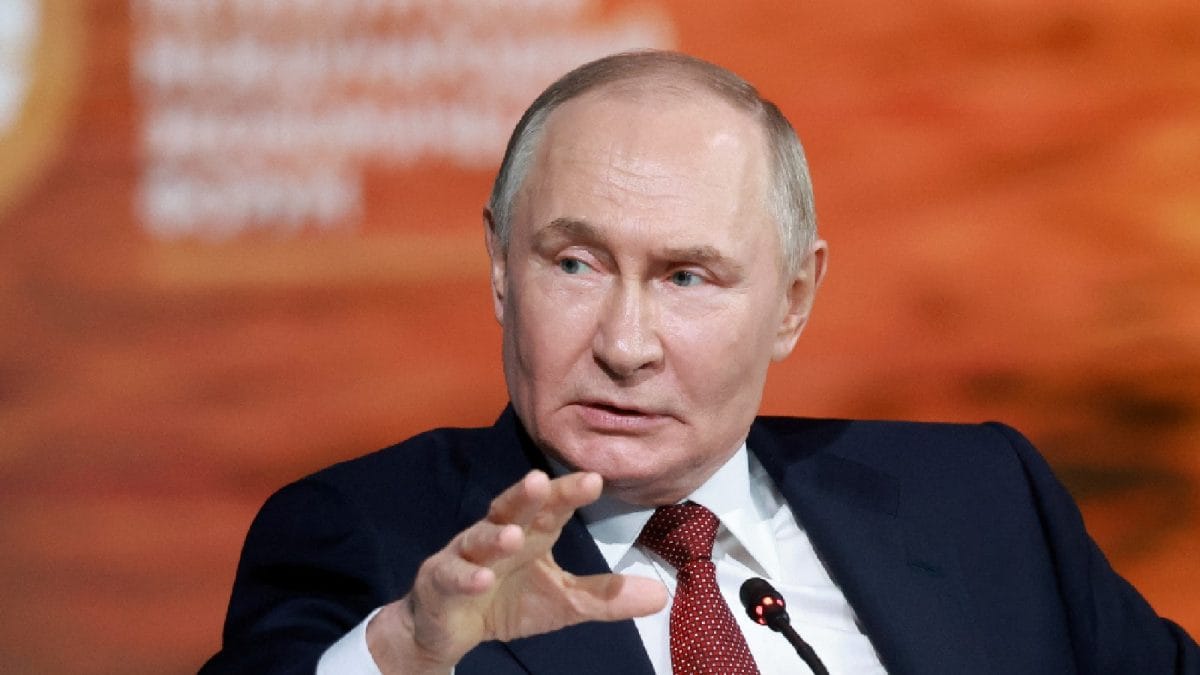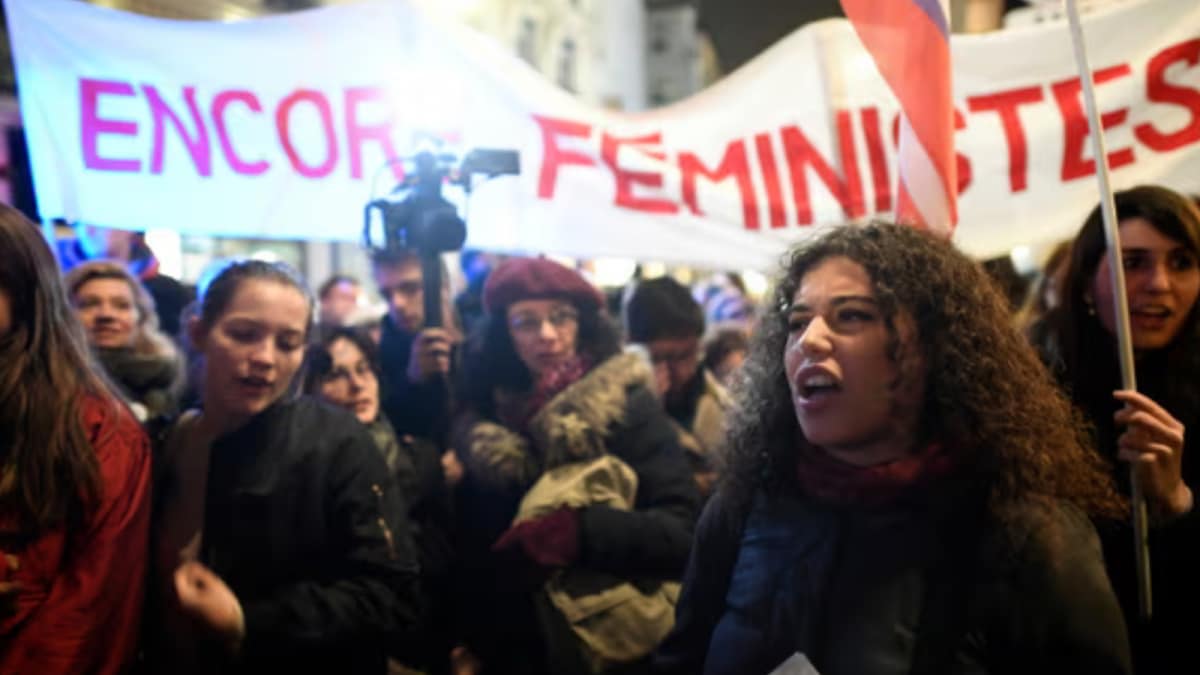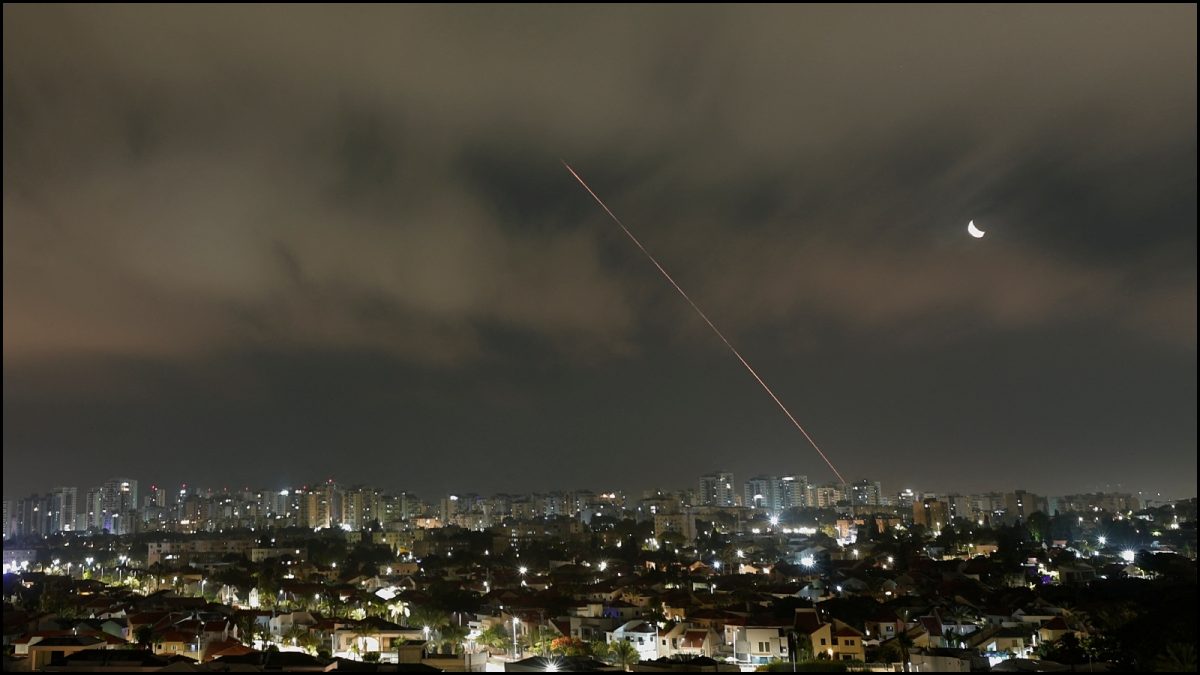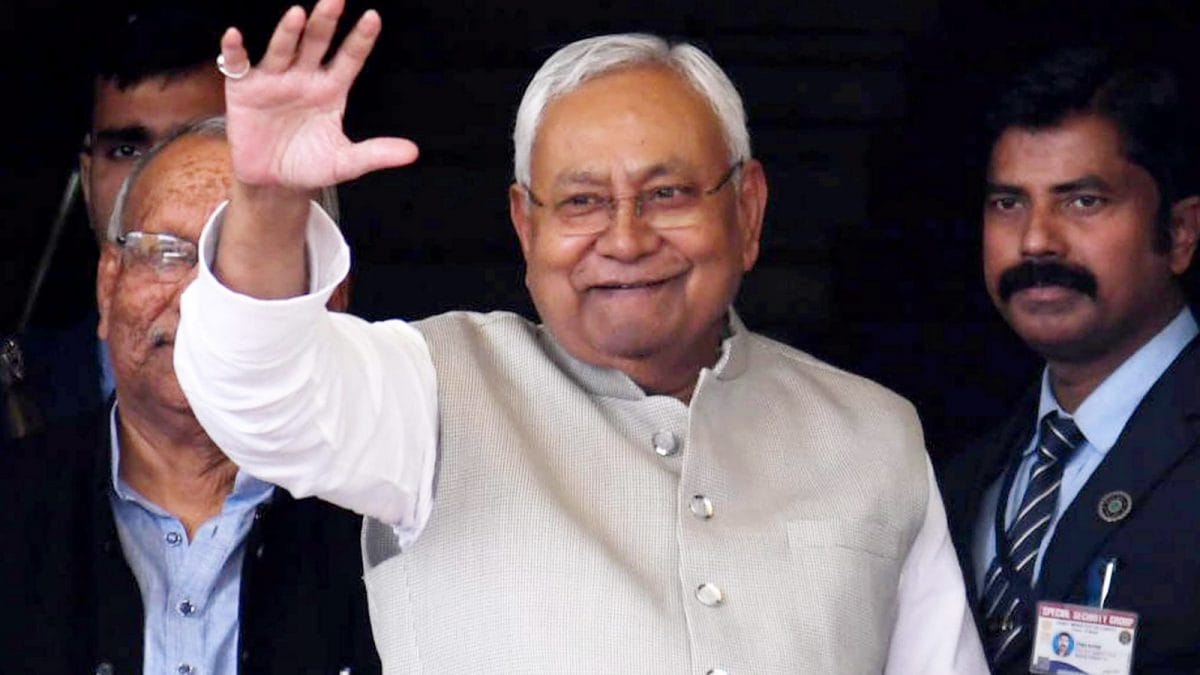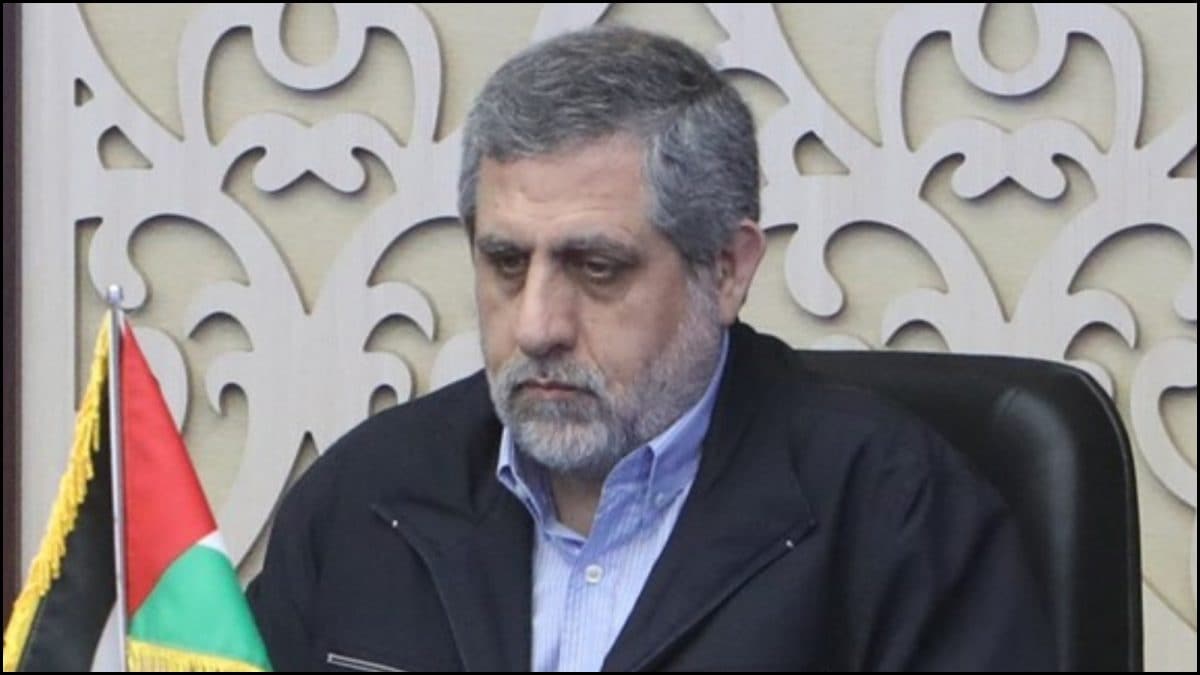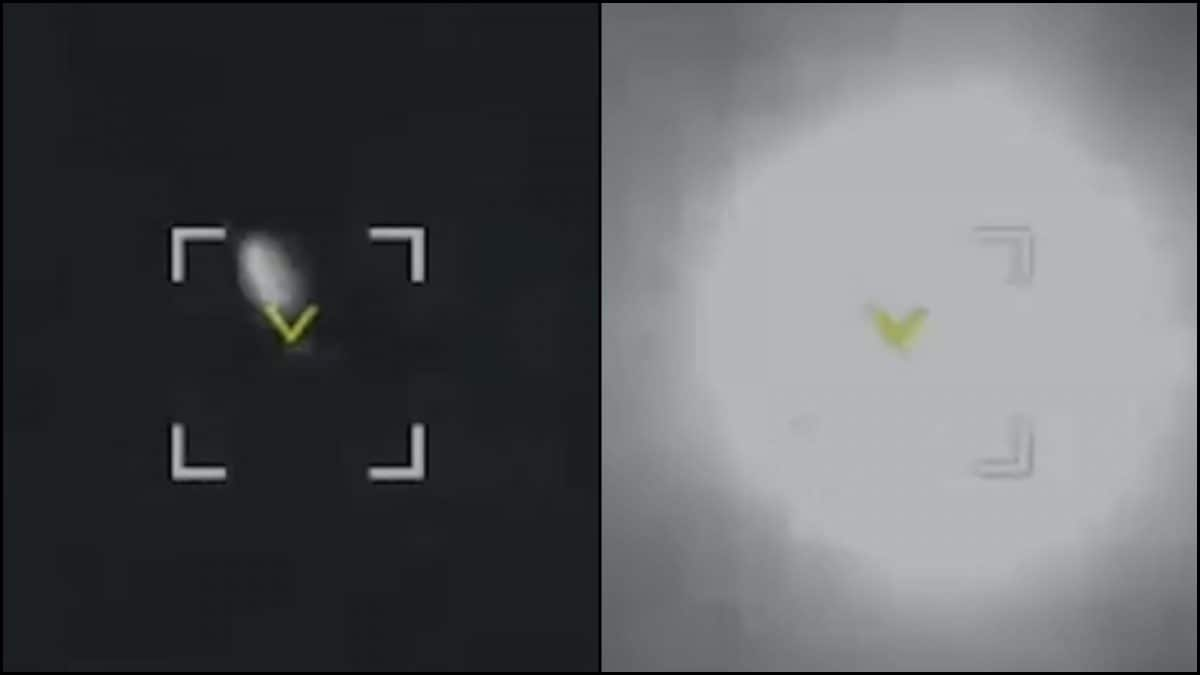Last Updated:June 21, 2025, 11:36 IST
Official sources in India said Pakistan’s move is aimed at strengthening ties with US, securing economic and technological support, and gaining American backing on Kashmir

US President Donald Trump hosted Pakistan's army chief Asim Munir for a closed-door lunch at the White House on June 18. (File images: AP/PTI)
In a diplomatic move, Pakistan has formally nominated US President Donald Trump for the Nobel Peace Prize. Official sources within Pakistan’s government have confirmed that the nomination stems from their belief that Trump played a pivotal role in defusing the tensions during the India-Pakistan crisis of May 2025.
However, official sources in India told CNN-News18 that Pakistan’s move is aimed at strengthening ties with the United States, securing economic and technological support, and gaining American backing for its position on the Kashmir dispute.
Pakistan’s Desperate Push
The Nobel nomination comes after what Islamabad describes as Trump’s “decisive diplomatic intervention" in de-escalating the May 2025 crisis between India and Pakistan. Pakistani officials have credited Trump for averting what could have been a catastrophic nuclear conflict.
“This move is about acknowledging President Trump’s key role in ensuring peace during a period of intense crisis," one official said, speaking on condition of anonymity. “We believe that Trump’s mediation was instrumental in averting escalation, and we are seeking international recognition of his contribution."
However, this narrative has been categorically rejected by India. Indian government sources have expressed strong opposition to Pakistan’s claims, dismissing them as factually incorrect and misleading. In an official statement, India’s Foreign Secretary Vikram Misri rejected the suggestion that Trump mediated the crisis, stating, “India did not seek or accept any third-party mediation during the crisis, and Pakistan’s attempts to rewrite the history of the events are not based in reality."
Prime Minister Narendra Modi, in his public remarks, further dismissed Pakistan’s narrative, refusing to engage with any external mediation efforts, including those from Trump. “India has always managed its security concerns on its own and does not require the intervention of any third party," he said.
This week, PM Modi also declined Trump’s invite to visit the United States on his return journey from Canada, citing his pre-existing schedule. The development came as PM Modi spoke with Trump and set the record straight that India’s ‘Operation Sindoor’ was “paused" following a request from Pakistan and not due to mediation or offer of a trade deal by the US.
According to official sources within the Indian government, the Indian leadership maintained full control over the crisis and managed it without any foreign involvement. Indian Defence Secretary RK Singh provided further details, telling a news agency: “All communications during the crisis were thoroughly documented, including logs and records that make it clear that India initiated the calls. Any claims of third-party mediation are unfounded." Singh’s comments were aimed at countering Pakistan’s narrative, which has been widely disseminated in international forums and media.
The Kashmir Angle
Pakistan’s push to nominate Trump is also linked to its long-standing goal of internationalising the Kashmir issue. Islamabad has consistently sought global support for its position on Kashmir, which India maintains is a bilateral issue to be resolved solely between the two countries.
Indian government officials have made it clear that any third-party involvement in the Kashmir dispute is unacceptable. “The Kashmir issue is a bilateral matter, and India will not tolerate any external interference," said a senior Ministry of External Affairs official, speaking on condition of anonymity. “Pakistan’s attempt to gain international support through this Nobel nomination is part of its ongoing campaign to internationalise Kashmir, which India has firmly rejected."
In contrast, Pakistan has highlighted Trump’s previous offers to mediate the Kashmir dispute as evidence of his willingness to involve himself in the issue. According to Pakistani diplomatic sources, this endorsement of Trump is aimed at pushing the United States to take a more active role in the region.
Munir’s Ambition
The diplomatic push for the Nobel nomination has raised eyebrows in both Pakistan and India. There are reports that General Asim Munir, Pakistan’s Chief of Army Staff, is positioning himself as a potential co-recipient of the Nobel Peace Prize, alongside Trump. While this remains unconfirmed, Indian intelligence sources suggest that Munir’s growing role in shaping Pakistan’s foreign policy may be influencing the country’s decision to publicly support Trump.
“Munir is an ambitious leader," said an Indian security analyst, “and while the Nobel campaign may seem like a strategic move to secure Pakistani interests, it could also be a personal gambit to raise his own stature on the international stage."
Interestingly, the nomination demand came after a rare White House meeting between Trump and Munir in which geo-political issues ranging from the Israel-Iran conflict, and Kashmir to defence purchasing were discussed.
The Bigger Picture
For Pakistan, the move is seen as a way to potentially gain economic concessions, technological transfers, and a softer US stance on its nuclear programme. In particular, Pakistan hopes that by aligning itself with Trump’s leadership, it can secure American backing for its position on Kashmir, despite India’s firm objections.
For India, however, the matter is a reminder that, despite Pakistan’s claims, the Kashmir issue remains firmly within India’s domain and will not be internationalised through external mediation.
The coming months will reveal whether Pakistan’s strategic gamble will pay off or whether it will simply be seen as a fleeting diplomatic gesture in the complex web of South Asian geopolitics.
Group Editor, Investigations & Security Affairs, Network18
Group Editor, Investigations & Security Affairs, Network18
Islamabad, Pakistan
First Published:News world Not So ‘Nobel’? Why Pakistan’s Push For Trump Reeks Of A Strategic Gamble | Exclusive

 4 hours ago
4 hours ago

